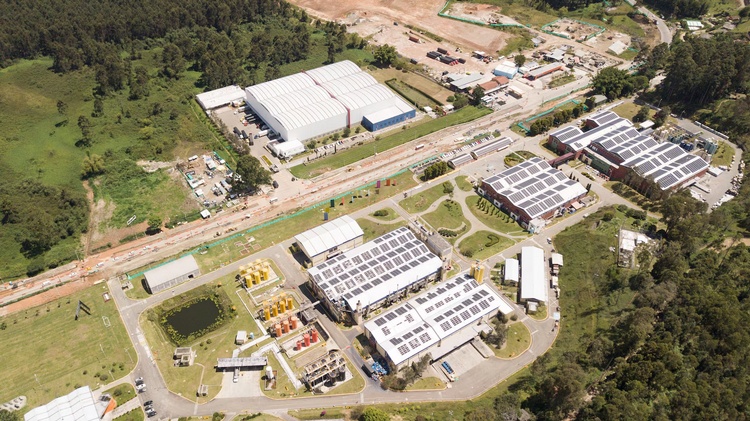March 13 NEC Energy News
¶ “AkzoNobel Uses 100% Renewable Electricity In Latin America” • All of AkzoNobel’s manufacturing locations in Latin America are now operating on 100% renewable electricity. The company’s ambition is to reduce carbon emissions across the full value chain by 50% by 2030 (baseline 2018). It had achieved that goal in Europe and North America earlier. [AkzoNobel]

¶ “Japan’s Fukushima Plant Clean-Up At Snail’s Pace As Nuclear Experts Flag Achievements – ‘Not A Race’” • Thirteen years after the Fukushima Daiichi nuclear plant disaster, progress on its decommissioning and decontaminating thousands of hectares of land across northeast Japan is proceeding at an excruciatingly slow pace. [South China Morning Post]
¶ “Vietnam And The Promise Of Clean Power” • With a growing economy, vast coastlines available for offshore wind power, and high solar radiation levels, Vietnam has all of the ingredients to be a world leader in renewable energy. A McKinsey & Company report says Vietnam is the country in Southeast Asia best suited for wind and solar developments. [CleanTechnica]
¶ “Researchers Discover New Technique To Encourage The Restoration Of Degraded Corals” • Researchers have discovered a way to encourage restoration of coral reef populations degraded by record-high marine temperatures. Underwater speaker that play the sounds of a healthy reef were found to help coral larvae settle up to seven times as fast. [ABC News]

¶ “ACEN And BrightNight To Develop 1 GW Of Renewables In The Philippines” • ACEN and BrightNight announced plans to invest an estimated $1.2 billion within five years, to develop up to 1 GW of renewable energy projects in the Philippines. ACEN has a global renewables capacity of 4.8 GW already and a target of 20 GW by 2030. [pv magazine International]
¶ “Government Must Act Now On Energy Storage” • A UK Parliamentary Committee report on long-duration energy storage concludes that the Government must act fast to ensure that energy storage technologies can scale up in time to play a vital role in decarbonising the electricity system and ensuring energy security by 2035. [UK Parliament]
For more news, please visit geoharvey – Daily News about Energy and Climate Change.
